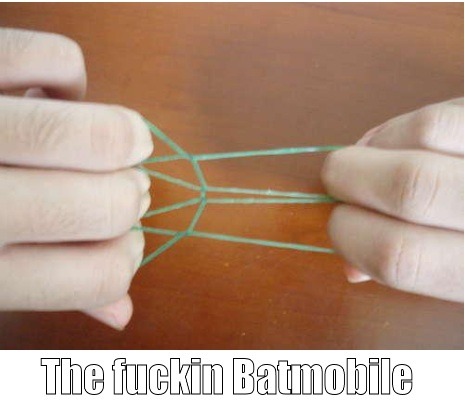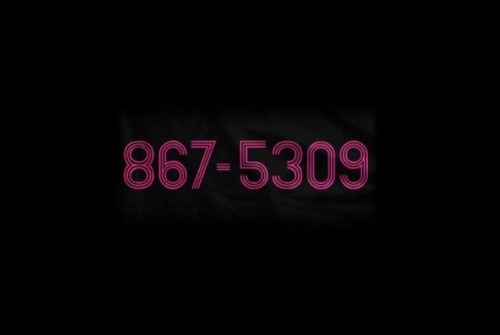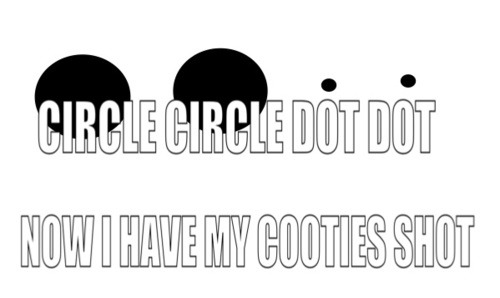Written by lifehacker
Working with the same files in multiple places used to be a hassle. You’d have to make sure to bring the file with you, email it to yourself, or save it in a place you could get to it later. Now, there are a number of online file storage and syncing services that will make your data available on as many computers as you like. Here’s a look at five of the best of those services.
Earlier in the week, we asked you which services you used to store your files online, or to at least make your data available so you could get at it anywhere you went. You responded with tons of great suggestions, and while we expected you to highlight Dropbox, we knew it isn’t the only service out there that you use. Here’s a look at the top five, based on your nominations.

Dropbox
Dropbox is clearly the juggernaut of the file storage and syncing service. Its combination of 2GB of free storage just for signing up and huge bonuses for referring friends to sign up as well makes for an attractive and useful file syncing service that gets the job done and encourages you to spread the word about it. Dropbox will deliver your files to you on your Mac, Windows, or Linux system or your BlackBerry, iOS, or Android device with little hassle, and the service offers public and photo folders you can use to store and share galleries or other files with select individuals you share them with or with the world. Dropbox is also host to a wealth of third-party plug-ins and services that integrate with it to extend its features (thanks to its wide open API), and has great LAN support so you can change your files on one computer on your home network and have it instantly on another.

Box.net
Box.net starts you off with 5GB for free. Install the Box Sync app to sync your files with the web, and install the mobile apps to get access to your files on your iOS device, Android device, Blackberry, Touchpad, or Playbook. Otherwise, you can upload your files to your Box.net account and access them via the web. Download them whenever you like, or use the service as a replacement for (or supplement to) other cloud-based services like Google Apps. Box.net combines the best things about a file syncing service with the best things about a web-based productivity suite.

Windows Live SkyDrive
Windows Live SkyDrive starts you out with 25GB for free (and allows you to sync 5GB), and with Live Mesh you can sync your local files and folders with your SkyDrive account. If you have a Windows Live account, you already have a SkyDrive account that you can make use of. SkyDrive is especially useful for Windows users, who can configure it to automatically sync any folder on their system (like your My Documents folder, for example) to the cloud for safe keeping, or automatically upload any Microsoft Office documents you create. You can also use SkyDrive and Live Mesh as a remote access utilty, so you can get to files even if they’re not being synced.

SugarSync
SugarSync is probably Dropbox’s leading competition. The service gives you 5GB for free. The service works just as well (if not better) than Dropbox, and will sync your files and folders from your desktop to the cloud with ease. You can access your data on the go via the web or on your mobile device with the SugarSync apps for iOS, Android, Blackberry, Windows Mobile, and even Symbian devices. SugarSync even aggressively keeps revision histories of your files so you can get old versions of files you may have accidentally changed. SugarSync also makes it very easy to stream music, video, or other media from your account on the web or other devices so you can enjoy it anywhere you go. SugarSync also gives you more control over your files on the web, allows you to open and edit files directly, or password protect individual files or folders.

SpiderOak
Spideroak is probably one of the most versatile and flexible file syncing and storage solutions available. The service gets you started with 2GB of space, and then puts it to the test by allowing you to sync not only your desktop, but files on your mobile device (not just access via your mobile device, but sync from your device as well), even files on network shares and external hard drives. Refer your friends, and you get an incredible 1GB referral each, which is more than any of the other services offer. Connect SpiderOak with your Mac, Windows, or Linux system, and download the mobile apps for your iOS or Android device, and leave the rest to the service. SpiderOak also keeps revision histories, and metadata for all of your files so you can see when they were created, uploaded, and modified.
Honorable mentions this week go out toWuala, LaCie’s file sync and storage service available for Mac, Windows, Linux, and mobile devices. Free users get 2GB of storage. Also among the runners up isMinus, a service that used to be a simple image host (and most of its users still use it that way), but has grown to a full-fledged drag-and-drop file storage and sharing service that’s completely free and gives its users 10GB of storage to play with.
Have something to say about one of the competitors? Did your favorite miss the cut and you want to tell the world about it? Let’s hear it in the comments below.
Bonus:This has been making the rounds but I think it’s great 🙂 If you don’t know the connection between these two, well, then you weren’t around in the 80s 🙂




































